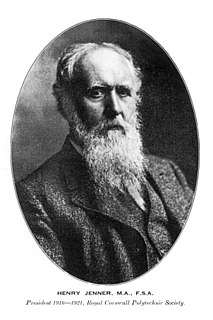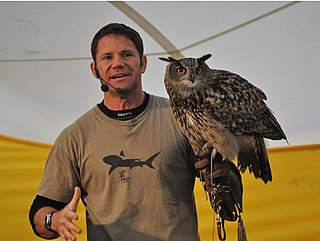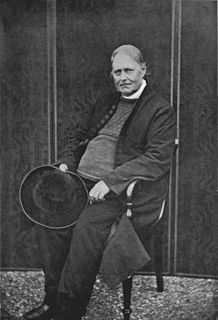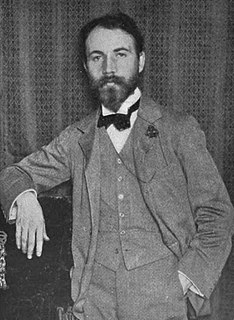A Quote by Henry Jenner
Why should Cornishmen learn Cornish? There is no money in it, it serves no practical purpose, and the literature is scanty and of no great originality or value. The question is a fair one, the answer is simple. Because they are Cornish.
Related Quotes
The question that faces every man born into this world is not what should be his purpose, which he should set about to achieve, but just what to do with life? The answer, that he should order his life so that he can find the greatest happiness in it, is more a practical question, similar to that of how a man should spend his weekend, then a metaphysical proposition as to what is the mystic purpose of his life in the scheme of the universe.
This crazy little party girl who loves to enjoy life actually has a purpose. So, that's really the core of why I've survived so many years and I can go and I can fall down and I can get back up. Why? Because I know why I'm here. That's the question that a lot of people need to answer when they do fall is, 'Why am I here?' If you can answer that question, you'll be able to dust yourself off and shine like a phoenix out of ashes.
Opportunism towards knowledge is a utilitarian demand that knowledge must be immediately practical. Just like with sociology where we hope its purpose is to serve society, however, the true purpose of sociology lies in its impracticality. It cannot become practical or else it loses its meaning. Perhaps we should learn a different kind of knowledge: the knowledge to question knowledge.
Over two thousand years ago, Aristotle taught us that money should be durable, divisible, consistent, convenient, and value in itself. It should be durable, which is why wheat isn't money; divisible which is why works of art are not money; consistent which is why real estate isn't money; convenient, which is why lead isn't money; value in itself, which is why paper shouldn't be money. Gold answers to all these criteria.
Plays are literature: the word, the idea. Film is much more like the form in which we dream - in action and images (Television is furniture). I think a great play can only be a play. It fits the stage better than it fits the screen. Some stories insist on being film, can't be contained on stage. In the end, all writing serves to answer the same question: Why are we alive? And the form the question takes - play, film, novel - is dictated, I suppose, by whether its story is driven by character or place.
What does purpose mean? It means the deepest desire for our short lives to mean something. . . . To speak a language of purpose is to return to first principles and to be able to answer, in plain English, the plain questions of Why? Why should we chip in to help someone else? Why should we defer gratification? Why should we care about the long term? Why should we trust anyone who seems to be limiting our ability to do what we want?
The Renaissance had resulted in the emancipation of the individual, in making him feel that the universe had no other purpose than his happiness. This brought an entirely new answer to the question, 'Why should I do this or that?' It used to be, 'Because self-instituted authority command you.' The answer now was, 'Because it is good for men.' In this lies our greatest debt to the Renaissance, that it instituted the welfare of men as the end of all action.
































